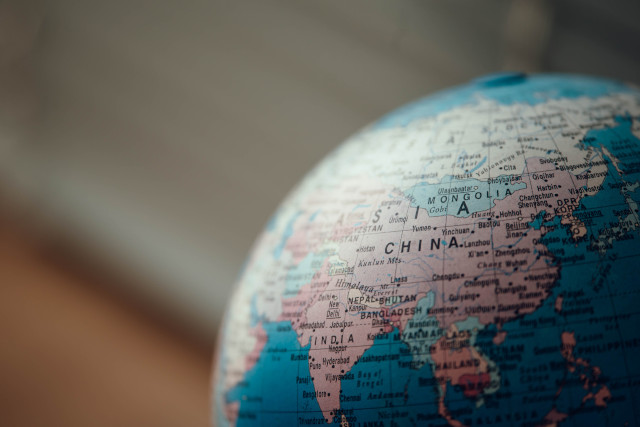
Photo by Ani Kolleshi on Unsplash
- How IBM, Goldman Sachs, PwC and others are responding to the coronavirus threat to the global workplace
As concerns grow over the spread of the new coronavirus, which causes a respiratory illness called covid-19, other companies stepped up their precautions.
Goldman Sachs said it has restricted business travel to South Korea, as well as to the Lombardy and Veneto regions of Italy, and asked that nonessential business travel to other parts of Italy and Asia be postponed. In addition to mainland China, “all employees who have traveled to South Korea or the impacted regions in Italy, or who have been in close contact with individuals who have been to these areas, are required to remain out of the office for at least 14 days,” the company said.
PwC is asking employees to defer or cancel trips to Japan and is encouraging them to use the company’s $1,000 annual backup child-care benefit in case of school or day care closures.
https://www.washingtonpost.com/business/2020/02/28/workplace-coronavirus-work-from-home/
- As coronavirus outbreak continues, ad companies restrict travel and encourage remote work
With the fear of contracting coronavirus on the rise, agencies are taking precautions to restrict travel to the affected areas and encouraging employees to work remotely and use video conferencing as needed rather than risk traveling. The agency holding companies say that work for clients is still getting done but much of that is now happening remotely as needed rather than traveling for meetings.
Earlier this week, Omnicom shuttered its London office for 48 hours after a potential scare with the virus. Since then, the holding company updated its travel guidance postponing travel to China, Japan, Hong Kong, Iran, Singapore, South Korea, Thailand, Taiwan, or Northern Italy until further notice. Employees returning from those places have also been asked not to return to the Omnicom offices for 14 days.
- Q&A on Coronavirus – COVID-19 with WHO’s Dr Maria Van Kerkhove
- Why Curbing Travel Is No Cure-All for the Coronavirus
Consider Italy, which abruptly canceled flights to and from China when it emerged as an early European Union virus hot spot. The government’s decision was second-guessed, since travelers from China could still fly to other EU countries and enter Italy from there — without a passport check — depriving authorities of the ability to track arrivals or do spot medical checks at airports. And travel curbs can create a false sense of security, distracting countries from other crucual steps to fight an epidemic. Catherine Worsnop, an assistant professor in the School of Public Policy at the University of Maryland who has studied the effects of restrictions on people’s movement in past outbreaks, says such steps can merely delay an epidemic for a few weeks, at considerable economic and societal cost. Plus, the fear of trade and travel limits can lead governments to “intentionally conceal outbreaks to avoid economic and political harm,” Worsnop wrote in a 2019 study.



